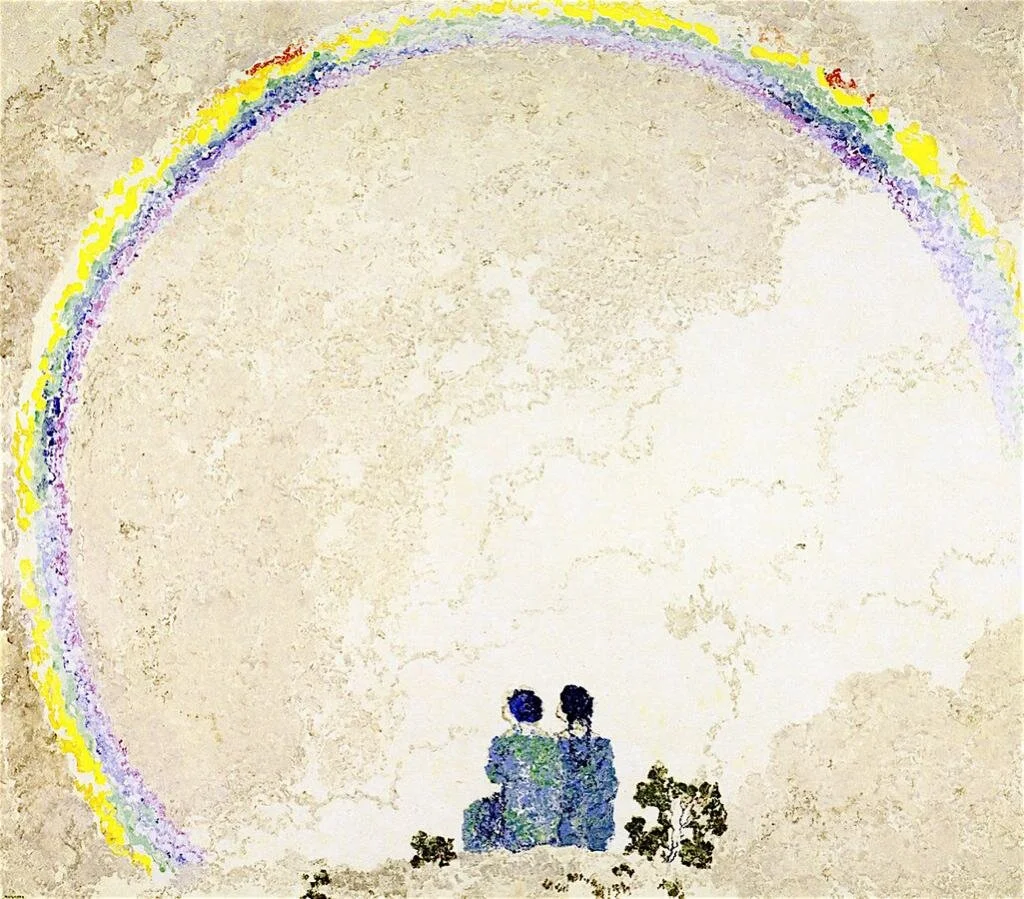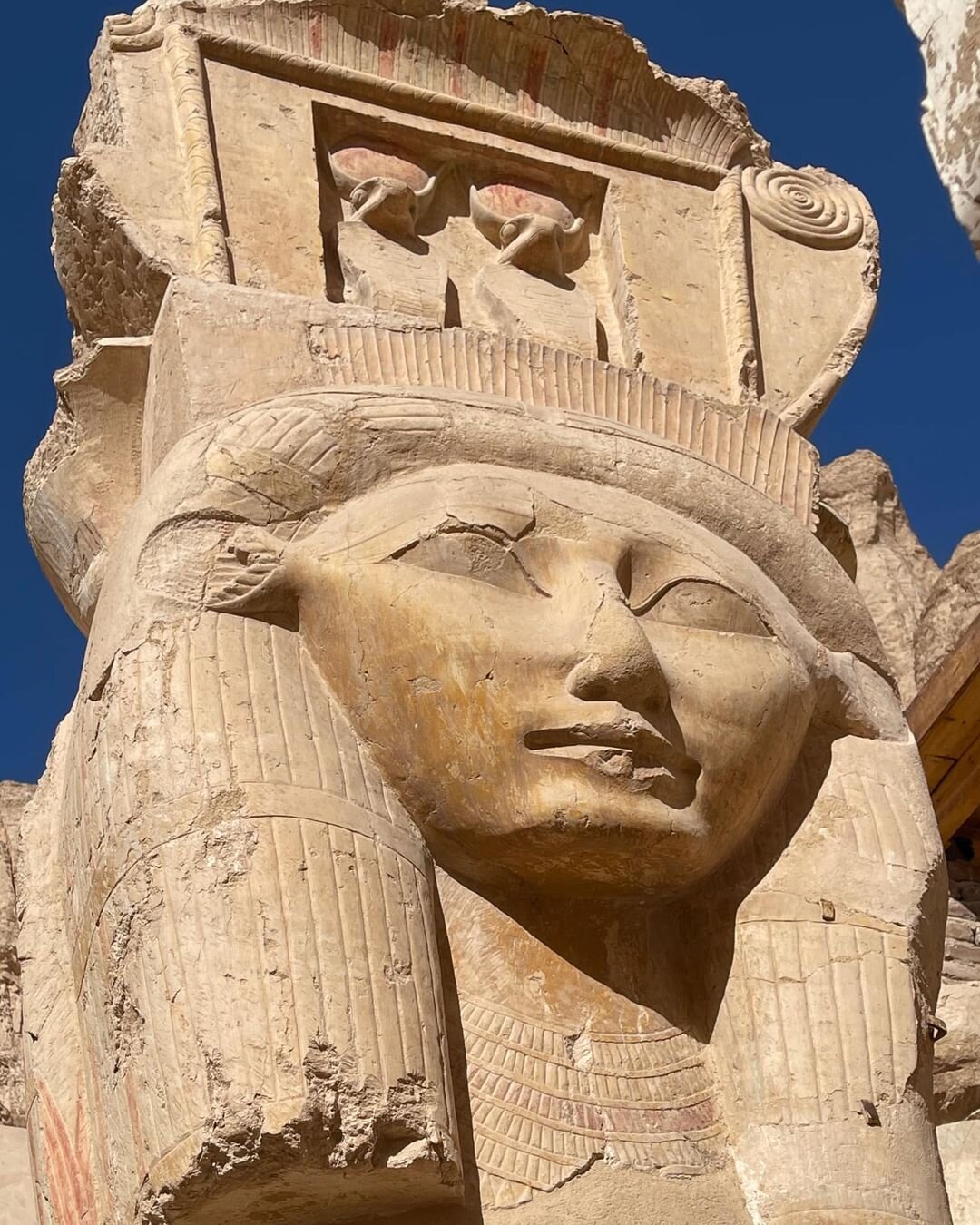By Grace Hui for Incentre
I first read this book when I was in law school 20 years ago. At that time, I enjoyed the lyrical style of Paulo Coelho. As each sentence flowed into the next, it read like a romantic and timeless song. The idea of a quest and a mission, as embarked upon by the tale’s protagonist, a shepherd boy, fired in me the idea of a life of purpose and adventure while the free spirit in me engaged with the idea of destiny.
The boy shepherd was never named - he was quite simply referred to as “the boy” or “the shepherd”. This anonymity gave me the promise that this mission was available and applicable to all. The idea of the “unknown” was tantalising to me.
However, beyond the physical excitement of a potential crusade into the unknown to pursue one’s destiny, I did not understand any further. The idea of destiny and free will also seemed to be contradictory concepts that evaded any deeper understanding on my part. While the book engaged me as I was reading it, its deeper meaning escaped me then. At the end of the book, I put it down as a book well written and never read it again for another two decades.

















